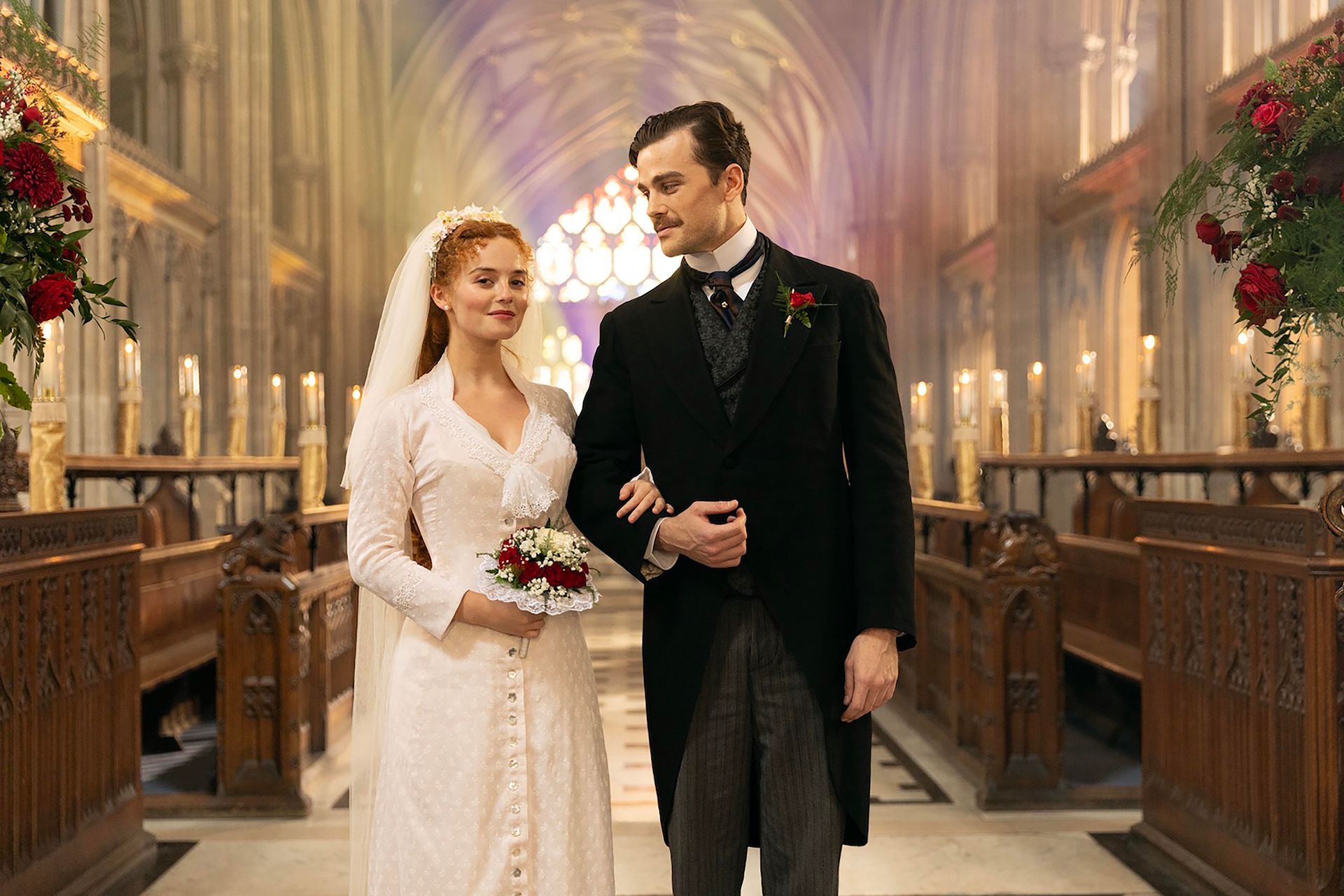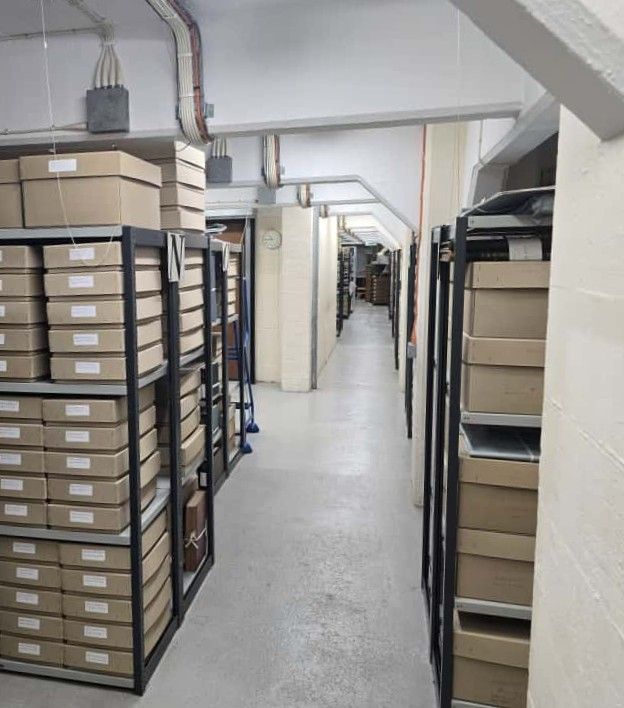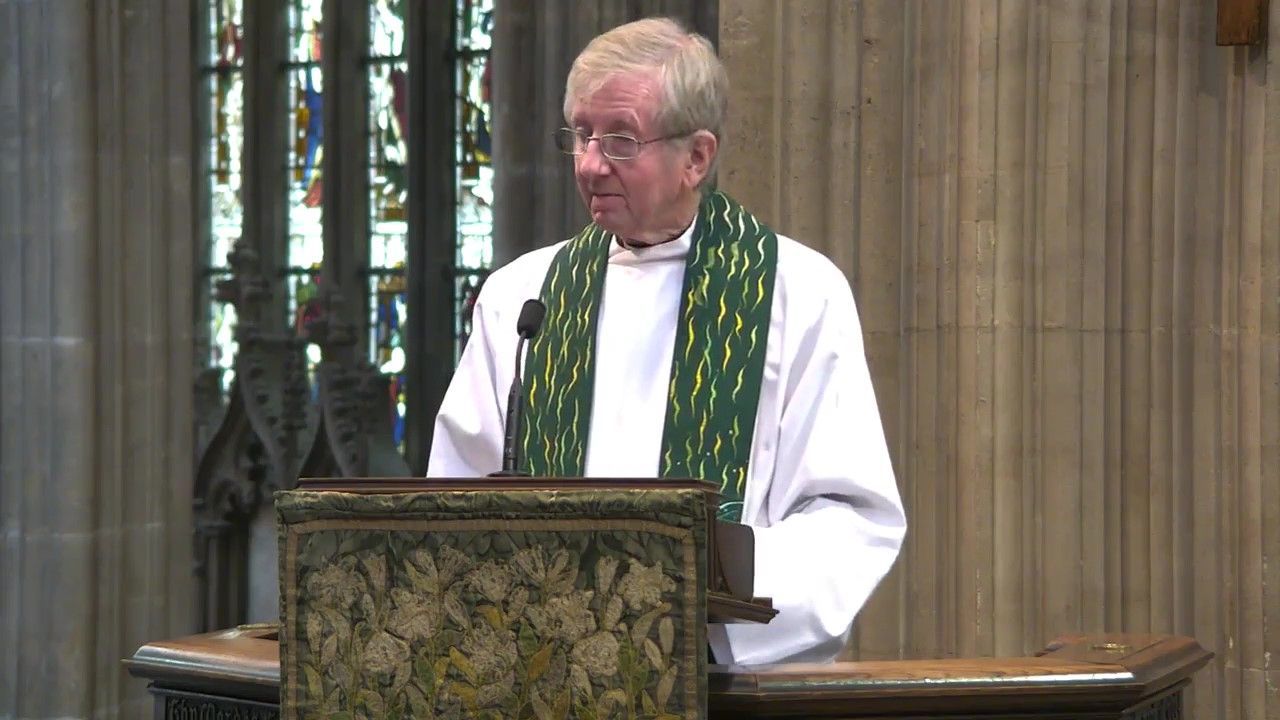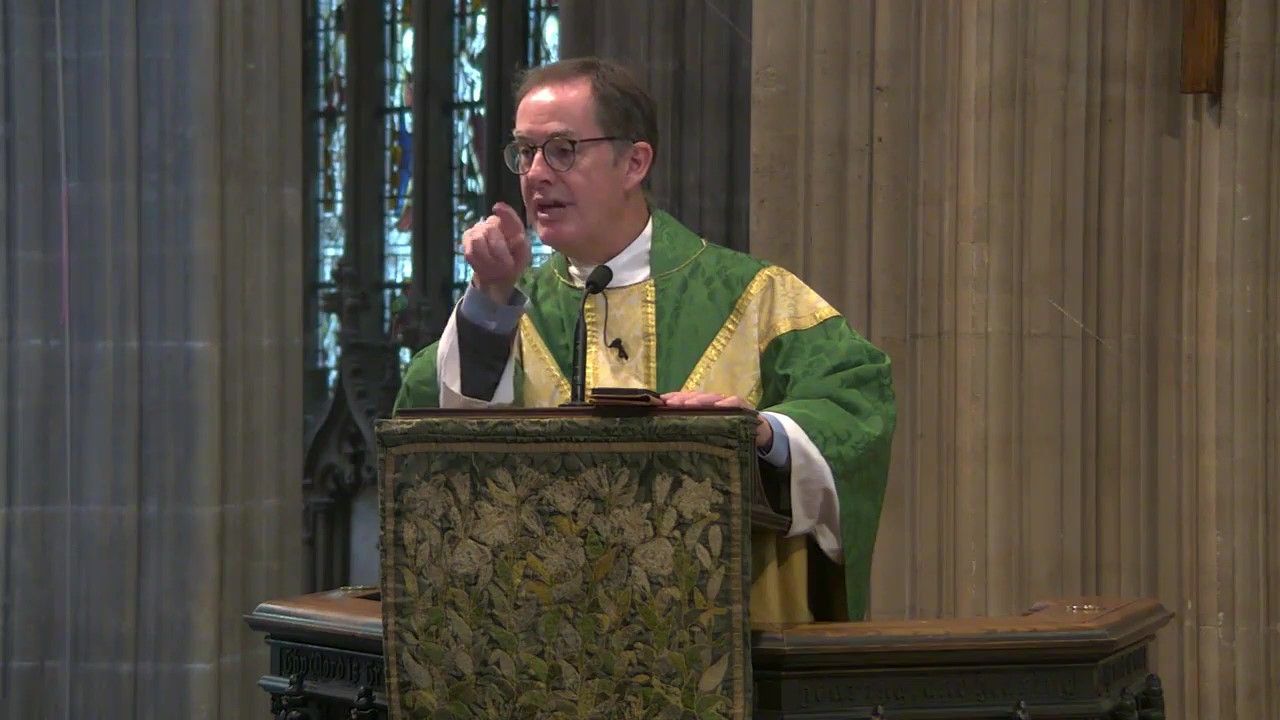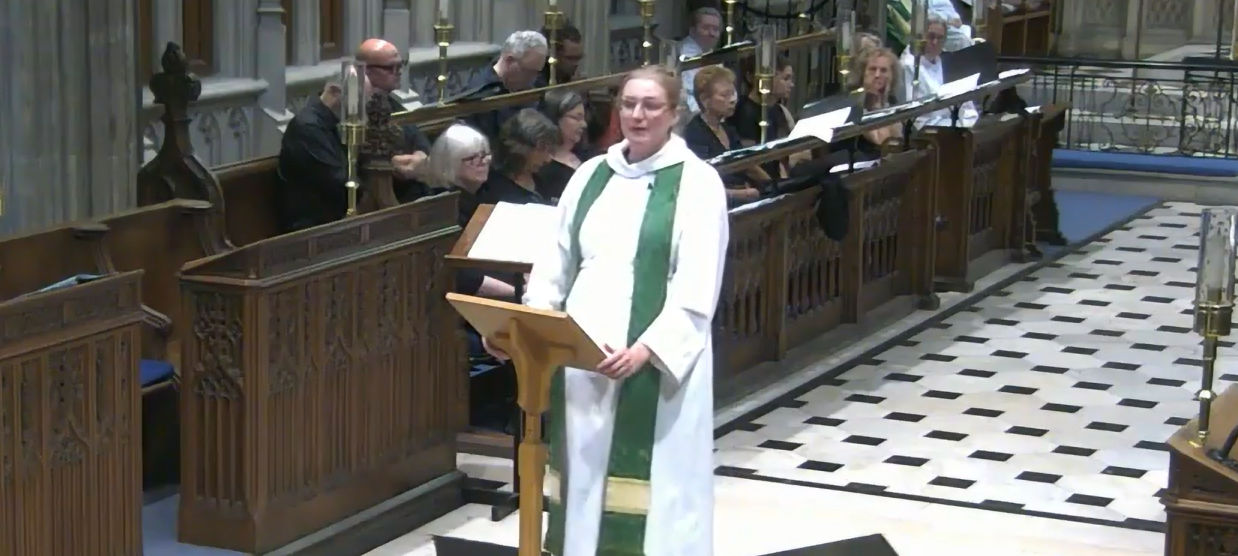All about love and faith
Same-sex marriage in the C of E? Taking a longer view
The C of E has been making headlines again. The bishops have said ‘Yes’ to praying for and blessing people in same-sex civil partnerships, but ‘No’ to changing the doctrine of marriage and allowing same-sex weddings in church. Probably most of us are dissatisfied and unhappy with this outcome, from both sides of the divide, and some may be wondering whether they still want to be part of the C of E.
What I want to do is put all this in a wider context, based on the history of the Anglican Communion across the world, as a student of Anglican history.
Firstly, the Anglican Communion does not have a settled view on this. It’s fair to say that a majority of Anglicans across the world, especially in the global South, are against same-sex marriage. But there are significant numbers who are in favour, including some of the member churches of the Anglican Communion in their official doctrine. And we have lived with this now for 20 years.
Of course, there is sharp tension in some quarters and people have left. This is often because of fear that one side or the other will somehow ‘win’ and force the others out of the church. There is a struggle for supremacy, which we see in the passionate rhetoric from both sides of the argument. For some it is all about equality and justice - that same-sex couples should have access to all that heterosexual couples have access to. For others it is all about remaining true to the teaching of scripture as they understand it. The stakes are high.
But let’s stand back from the boxing ring for a moment. Anglicans have disagreed passionately with each other since the Reformation. For example in the C19th it was over how to read and interpret the Bible; in the early C20th it was over allowing polygamists to be baptised; then whether to have unity with Protestant denominations; then contraception. More often than not, politics has often divided us and, of course, the question of women’s ordination.
Each issue has brought deep and passionate division. But, thank God, this has not resulted in a major schism. In most cases it has become possible to accommodate the differences - to show that both points of view have a place, that no one has ‘won’, no one is to be drummed out, and we still all belong in the Anglican Communion.
Indeed, as we face the great challenges of our time - the climate emergency, shocking inequality, war and pandemic… we need to stand and act together on the basis of our faith in Jesus Christ - in solidarity across difference.
This was probably the chief outcome of the Lambeth Conference - that bishops who arrived in Canterbury disagreeing over same-sex marriage, and other issues, found that through praying together, studying scripture together, listening and talking, they found friendship, encouragement and then solidarity across their differences. As they left many were saying what a good and positive time they had had despite their initial forebodings. The same is true of their spouses.
I expect the C of E is on a similar journey. What has happened this week is a step along the way. Same-sex couples can now have prayers and blessings in church (if General Synod accepts the bishops’ guidance). But Anglican history suggests this will not be the end of the matter and the deeply held conviction of many, that same-sex couples should be allowed to get married in church, will come about in due course in certain parishes across the country, probably led from the grass roots rather than by the bishops. Pastorally it seems very likely.
But the views of those who believe this is not part of Christian faith are still part of the church and their views will have to be respected and validated and their place secured within the C of E.
So a crucial outcome, the one we should work and pray for, is that the C of E should get to a point where both sides of the divide can know they have a secure and authentic place in the Church and are not in danger of being drummed out - that there is recognised differentiation across our faith and practice.
Also, beyond this, that members of the C of E can come together as they face the tremendous challenges of our time and walk together, serving the mission of Christ in the world - that they can find deep and affirming solidarity in this, alongside awareness that we are all on a journey ultimately towards complete unity in Christ.
The Lambeth Conference showed that Anglicans from across the world can do this. Let’s pray that the Church of England will also find its way to this kind of solidarity across difference.
Canon Stephen Spencer
Associate Minister
27 Jan 2023
